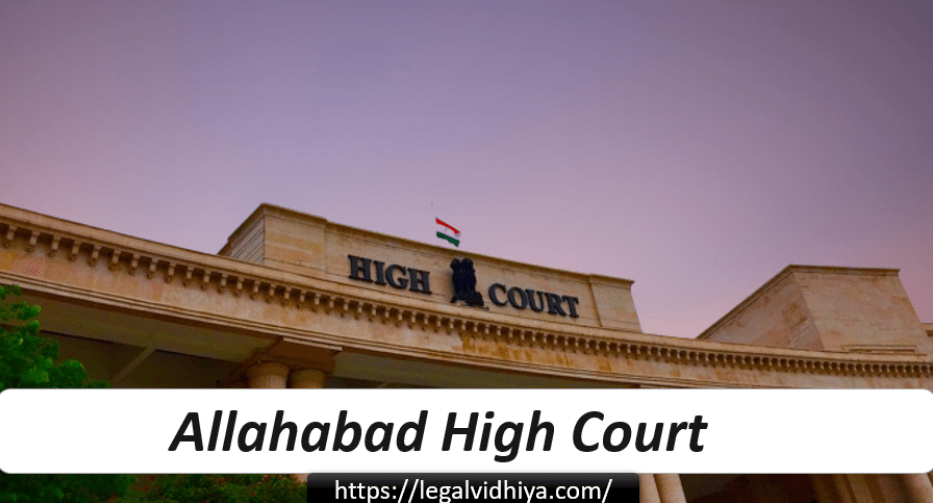
The Allahabad High Court, in its recent judgment, has issued clarifications regarding the interpretation of the Uttar Pradesh Prohibition of Unlawful Conversion of Religion Act 2021. The Honourable Justice Shamim Ahmad presiding over the bench elucidated two key aspects of this legislation.
Firstly, the court emphasized that actions such as providing educational instruction, distributing religious texts like the Bible, and organizing communal meals (bhandara) should not be considered as “Allurement” for the purpose of religious conversion under the aforementioned Act.
Secondly the court expounded upon the scope of Section 4 of the Act, which pertains to the competent authority to lodge a First Information Report (FIR) in cases of alleged offenses under Section 3 of the Act. According to the court’s interpretation of this provision, only an individual who has a direct familial relationship through blood, marriage, or adoption with the person who has undergone conversion can file an FIR concerning such an alleged conversion. Others are not eligible to do so.
These judicial pronouncements came in the context of a bail application filed by two individuals, Jose Papachen and Sheeja, who practice Christianity and were accused of being involved in the conversion of individuals from Hinduism to Christianity through various inducements, particularly within the Scheduled Caste and Scheduled Tribe communities.
Upon reviewing the allegations against the accused and considering arguments presented by both sides, the Court concluded that there was insufficient evidence to substantiate the claims of mass conversion in the community. Instead, the court observed that the accused individuals were engaged in imparting education and fostering a sense of brotherhood among the villagers. Consequently, the court found no material suggesting conversion by force or undue influence on the part of the appellants.
Name: Abdullah khan, College: USLLS (GGSIPU) main campus, 3rd semester as Intern at legal vidhiya




0 Comments